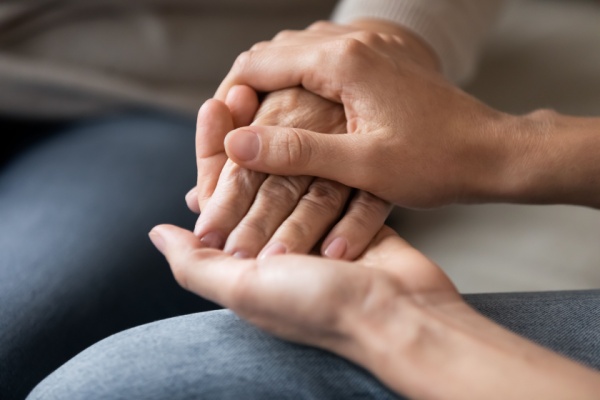
Benzodiazepine Misuse and Addiction
What Are Benzodiazepines?
Benzodiazepines are a class of medications that fall into the category of central nervous system (CNS) depressants.3 They act by calming an overactive CNS and can have anxiolytic, sedative, hypnotic, anticonvulsant, and muscle-relaxing effects.1,3 Benzos can produce drowsiness, reduce anxiety, induce sleep, and reduce muscle spasms and seizures.3


Diagnosing Benzodiazepine Addiction
Only a qualified mental health or medical professional can diagnose addiction. Someone who is addicted to benzos will be diagnosed with a sedative, hypnotic, or anxiolytic use disorder.9 Professionals use diagnostic criteria from the American Psychiatric Association’s Diagnostic and Statistical Manual of Mental Disorders, 5th Edition, (DSM-5) to guide their diagnosis.
Effects & Risks of Benzodiazepine Misuse
Using benzos may result in a variety of adverse effects including:3
- Confusion.
- Headache.
- Slurred speech.
- Lightheadedness.
- Dizziness.
- Nausea or vomiting.
- Movement and memory problems.
- Lowered blood pressure.


Benzodiazepine Addiction Treatment
Addiction may feel overwhelming and difficult to deal with, but benzodiazepine addiction treatment is available and can help.7
If you are struggling with benzo misuse or suspect that you have an addiction, it is important to get help before things become worse. You can talk to your doctor, who can provide an evaluation and refer you to treatment, or search for treatment facilities in your area. Different types of benzo addiction treatment are available.
Benzodiazepine Misuse and Addiction FAQs
Find Out If Your Insurance Plan Covers Benzodiazepine Addiction Treatment
If you’re ready to find treatment for benzo addiction, American Addiction Centers (AAC) can help. With facilities across the country, AAC offers various levels of evidence-based care to suit your needs. Contact us by 24 hours a day, 7 days a week, or check your health insurance coverage for rehab now and reach out for more information later. Our compassionate admissions navigators are here to answer your questions, discuss treatment options, and help you begin the admissions process once you’re ready. You can also use our national rehab directory to find a rehab near you.
We'll be able to tell you if your insurance provider is in network with an American Addiction Centers treatment facility.
- Dual-diagnosis treatment centers.
- Personalized treatment plans.
- Financial options available.